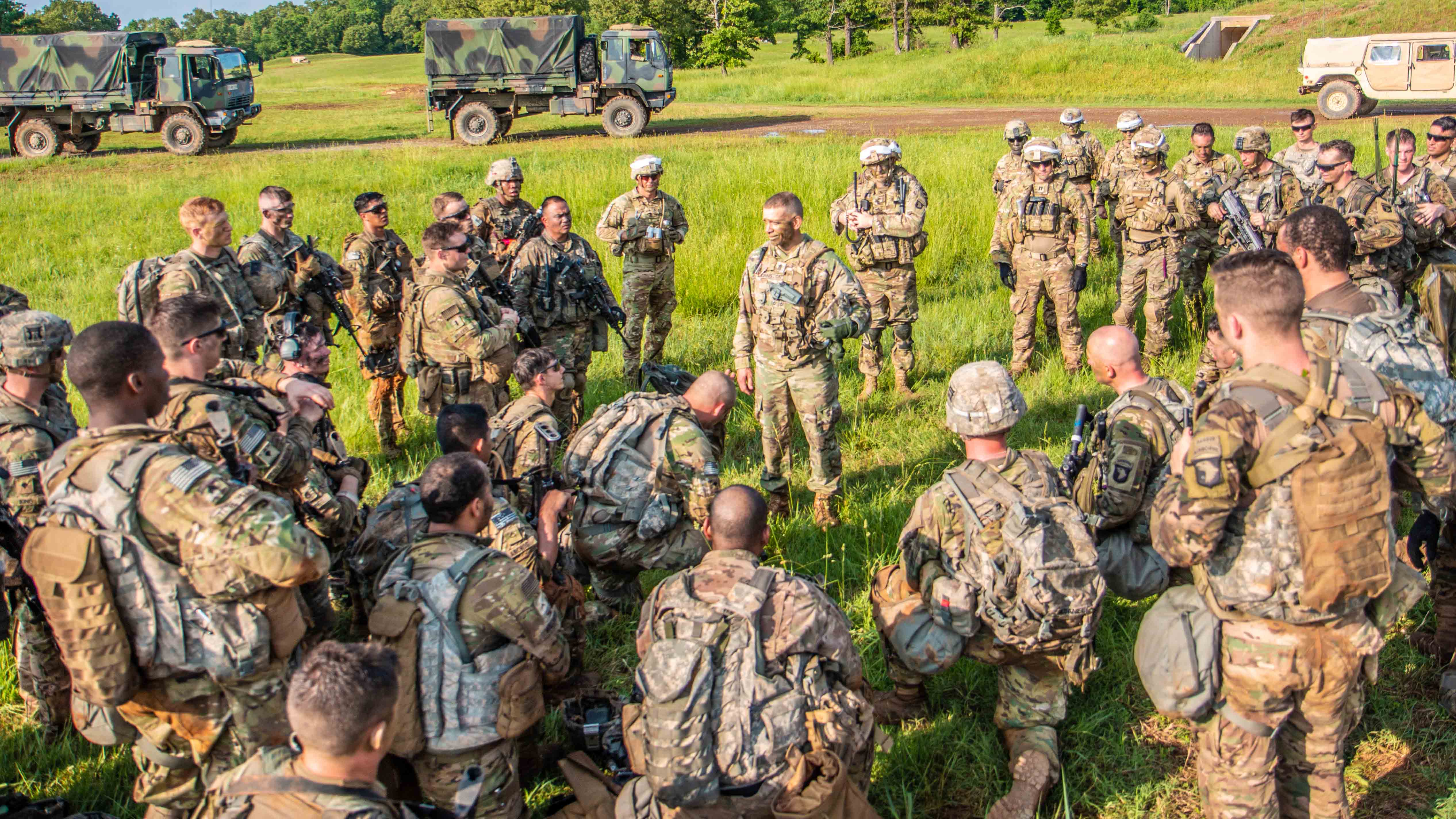SMA: ‘No Place’ in Army for Microaggressions
SMA: ‘No Place’ in Army for Microaggressions

As the Army continues to work on diversity and inclusion across the force, the sergeant major of the Army stressed that there’s “no place” for microaggressions among soldiers.
“We’re better than that, and we can do better,” Sgt. Maj. of the Army Michael Grinston said Aug. 31 during a webinar hosted by the Association of the U.S. Army.
“When you see something, you’ve got to say something,” Grinston said. “Just say, ‘Hey, that’s not appropriate.’ ”
Army leaders continue to encourage open and tough conversations between soldiers and their leaders about diversity, inclusion and issues such as unconscious bias. Conversations on these topics can be considered “taboo”—but they shouldn’t be, Grinston said.
“That’s why ... these sessions are so important,” he said, describing the conversations as powerful. “It’s OK to have these conversations.”
To emphasize his point, Grinston had such a conversation Aug. 31 with four squad leaders from across the Army as part of The AUSA Noon Report series. The event was the third installment in an ongoing AUSA-hosted discussion on race in the Army.
The NCOs talked about their families and upbringing, shared stories about their time in the Army and opened up about instances of racism or bias they’ve seen or experienced while in uniform.
Staff Sgt. Akeem Williams, a squad leader from U.S. Army Europe who was one of the participants, said he intervened after witnessing racial bias toward a mentor who speaks English as a second language.
“Often, when she would brief, a lot of people would start to shrug or give little snickers here and there, and it’s just ignorance,” Williams said, adding that this type of behavior could potentially limit opportunities, such as a promotion, for someone in the future.
“It’s ignorant of us to think that we’re better than someone who is trying to learn our language and doing their best,” he said.
Grinston urged leaders across the Army to speak up when they come across such behavior, adding that he struggled with correcting others in the past but eventually “got pretty comfortable” saying something when microaggressions happened.
“It’s OK to say something. If people think less of you because you made a correction, so be it,” he said. “It’s OK to stand out, and if people judge you for that ... they need to be corrected, not you.”

